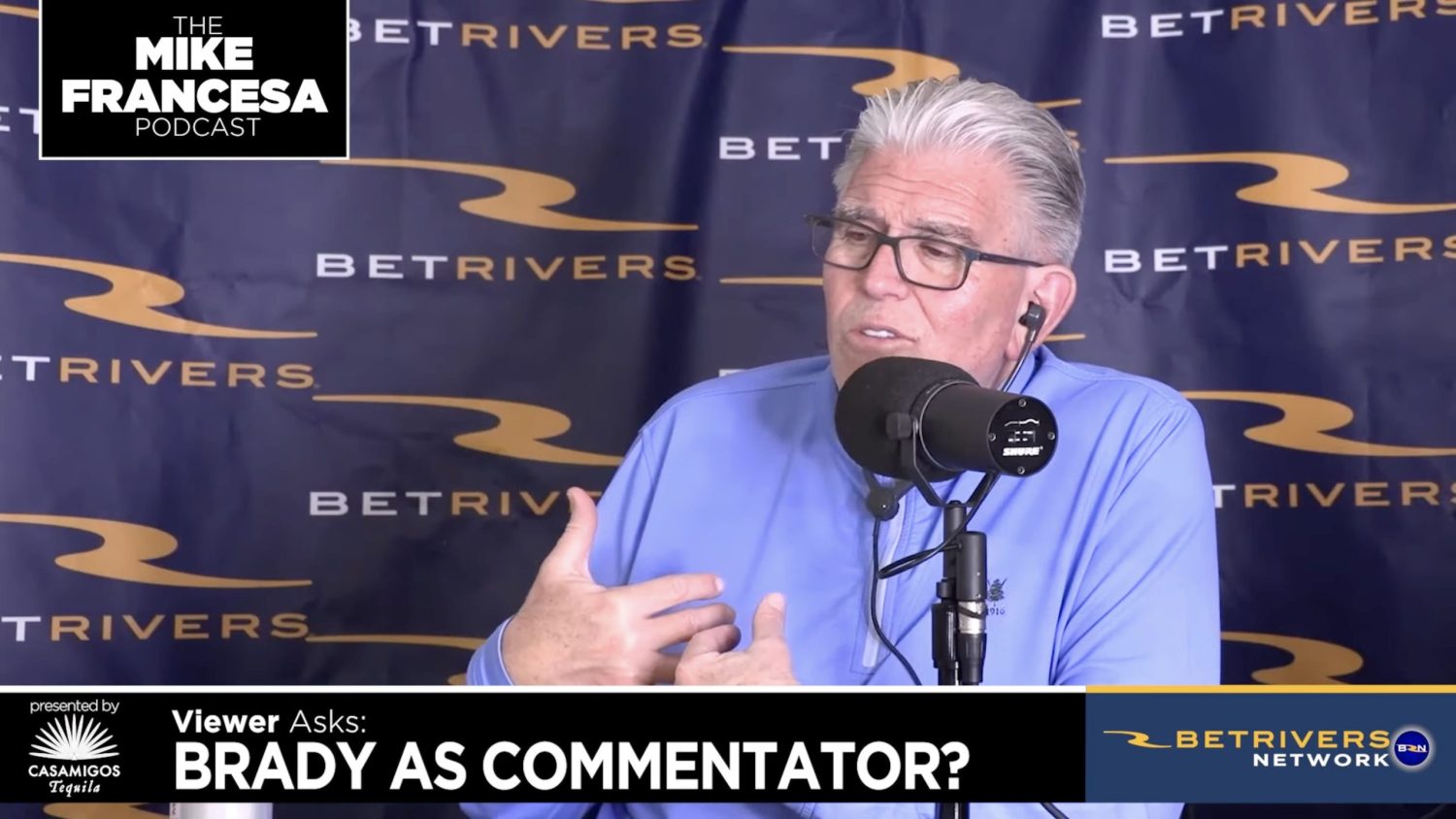Ken Berger knew the sports journalism world was changing when he turned his office into a war room. The long-time NBA reporter, who once worried about securing the best story or quote, was now obsessively chasing scoops.
Armed with the phone numbers of seemingly every NBA decision-maker he ever knew, Berger would fire off texts using Google Voice to multiple sources at once, digging for morsels of information.
Oftentimes, his efforts were futile. Berger would still get beat.
“I would think, ‘How is this even possible?,'” he said.
Berger, who covered the NBA for CBS Sports, Bleacher Report, the Associated Press and Newsday, left the full-time beat in 2019. While the decision was made for him, he now recognizes leaving sportswriting was a blessing for his health and wellbeing. After years of nonstop travel and work, Berger, who stands at 5-foot-6, ballooned to 185 pounds. The one-time varsity athlete was so out of shape, he was uncomfortable even stepping inside of a gym.
“Bleacher Report made the decision to let me go, but in some ways, they might’ve saved my life doing that,” he said.
These days, Berger once again feels at home in the gym. He runs his own training studio, Max Velocity Fitness, so the gym is now his office. A few years back, he created a personal-training program tailored to helping NBA reporters stay healthy on the job.
While they all saw improvements during training, they were unable to keep up their regimens once the season began. The grueling schedule–eight months on the road, 82 games, countless red-eye flights–was too much.
“The biggest factor that’s bad for your health when you’re living this lifestyle is the lack of quality sleep. Then the food choices,” he said. “When you go to the arena for a game, you’ve got to be there before dinner time and your choices are the unhealthy media dining hall meal, or the unhealthier and even more expensive concession stand. It’s either that, or don’t eat.”
As other white-collar workers decry hustle culture in a post-pandemic world, the “always be working” mindset is still lionized in sports media circles. This is evident in New York Magazine‘s recent feature story on Shams Charania, who averages 18 hours of screen time per day, and boasts about getting that number down to 14 hours during a European family vacay. Adrian Wojnarowski proudly told the story about how he hung out in the Newark Airport all night to break the James Harden trade.
“I prefer the poolside sit-and-do-nothing vacation, so I can still be on my phone as constant as I wanna be,” said Charania.
The ethical failings of Insider journalism are well-established: Charania works a side gig with FanDuel; Wojnarowski reportedly hands out packets to perspective sources touting his social media reach; Adam Schefter emailed then-Washington president Bruce Allen a copy of his story on the NFL lockout and called him “Mr. Editor.” Often times when sports insiders travel outside of the white lines, they’re exposed.
But there’s been less said about the adverse health impacts that come with always being on the clock. Reporters feel the pressure to compete with the likes of Schefter and Woj, who are complete cyborgs.
It doesn’t help that their constant connectivity is glorified in the press. For example: when Schefter broke the A.J. Brown trade while celebrating his son’s graduation, his work ethic was heralded.
Schefter proudly says he told ESPN execs he would sneak away from his family’s festivities for a SportsCenter live shot if the Brown trade went down (the WiFi didn’t cooperate, however, and Schefter went back to the dinner table).
When the biggest stars in the company willingly take time away from seminal family moments to break news, that becomes the expectation for everybody.
.@AdamSchefter has left the set 👀 pic.twitter.com/ndnpAdNro8
— ESPN (@espn) March 13, 2023
Ethan Strauss, who covered the Warriors’ dynasty for ESPN, says his career at the WorldWide Leader started to go south when he declined to stay indefinitely at a Bay Area Marriot to cover the Kevin Durant signing. “There was a demand that I leave and hole up at the Oakland Marriott for hours if not days of more hits. They couldn’t say when it would end, only that it was beginning, at this very moment,” he writes.
This isn’t to say sportswriters warrant sympathy for traveling on their employer’s dime and covering games for a living. But that’s a simplistic, and outdated, description of the job.
Now, the work is constant, and rewards are increasingly ephemeral. Great feature stories can stay relevant for years, whereas great scoops are only relevant until … the next scoop!
“It became ‘get the next transaction on Twitter before anybody else,'” said Berger. “To put in that amount of time and effort, isolated from your family and missing your kids’ sports games because you’re glued to your phone trying to out-text everybody else and out-tweet them, that just became something I wasn’t interested in anymore.”
In the aforementioned NY Mag piece, Charania wonders about how “colleagues with spouses or children manage to do their jobs.”
When that question is being asked, the business is broken.







